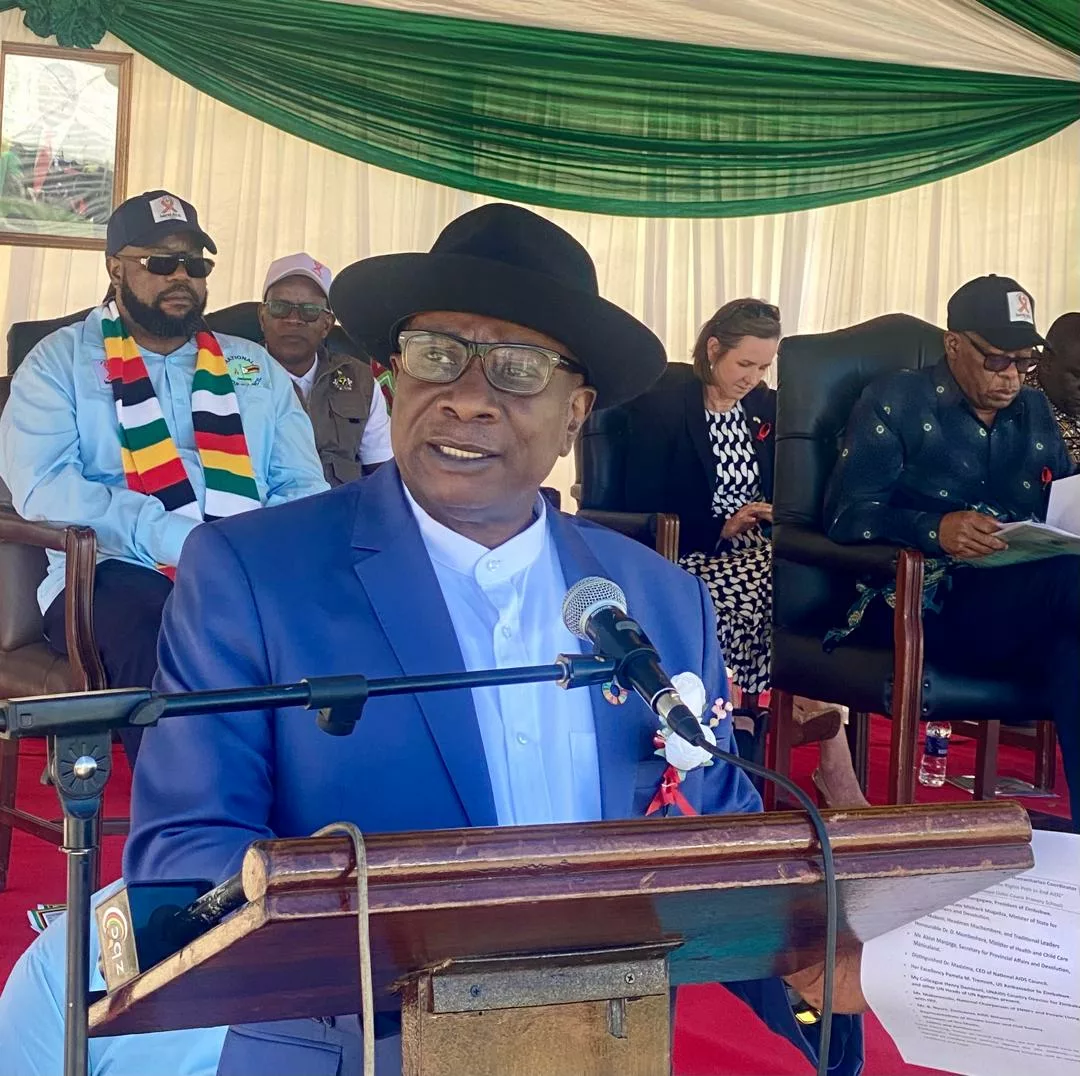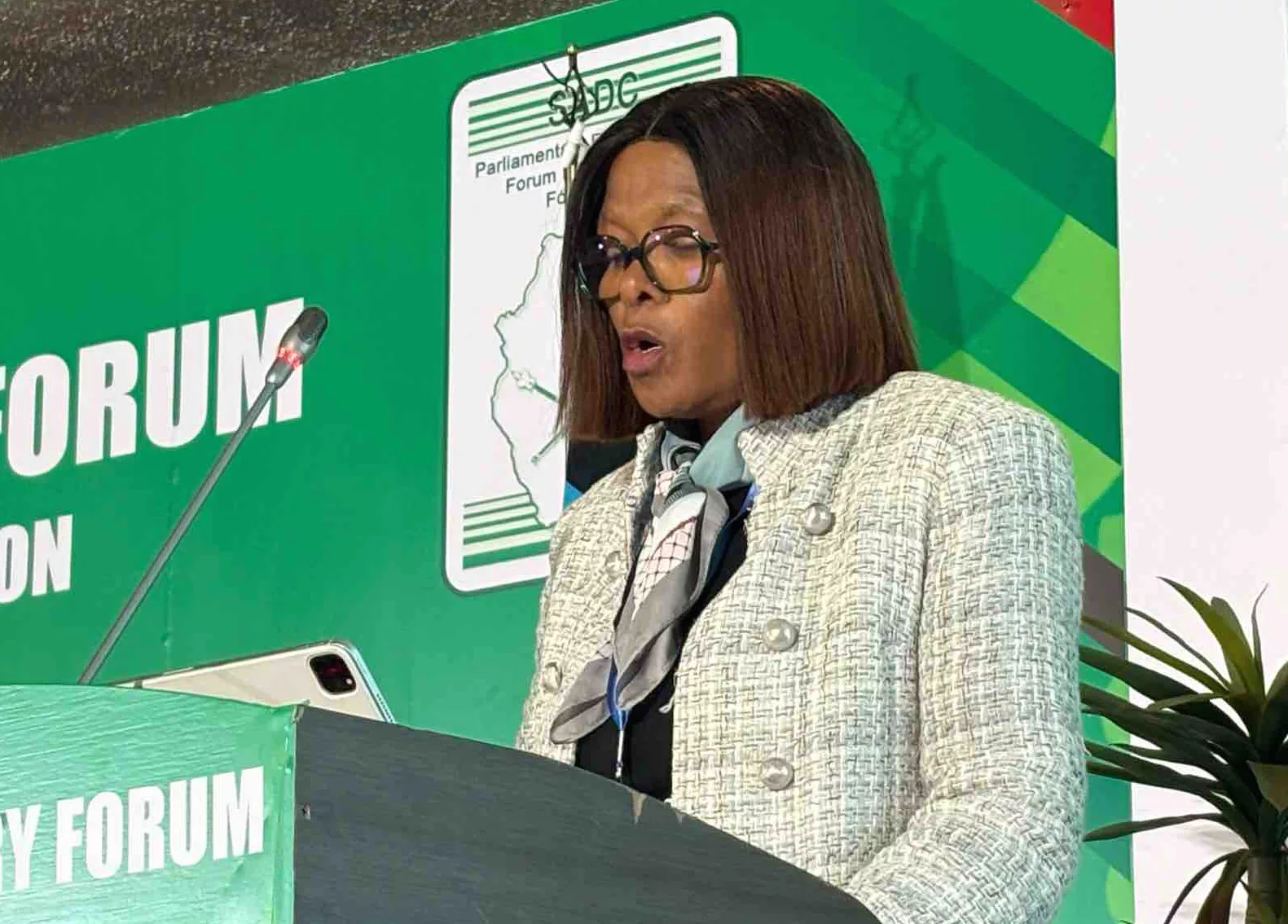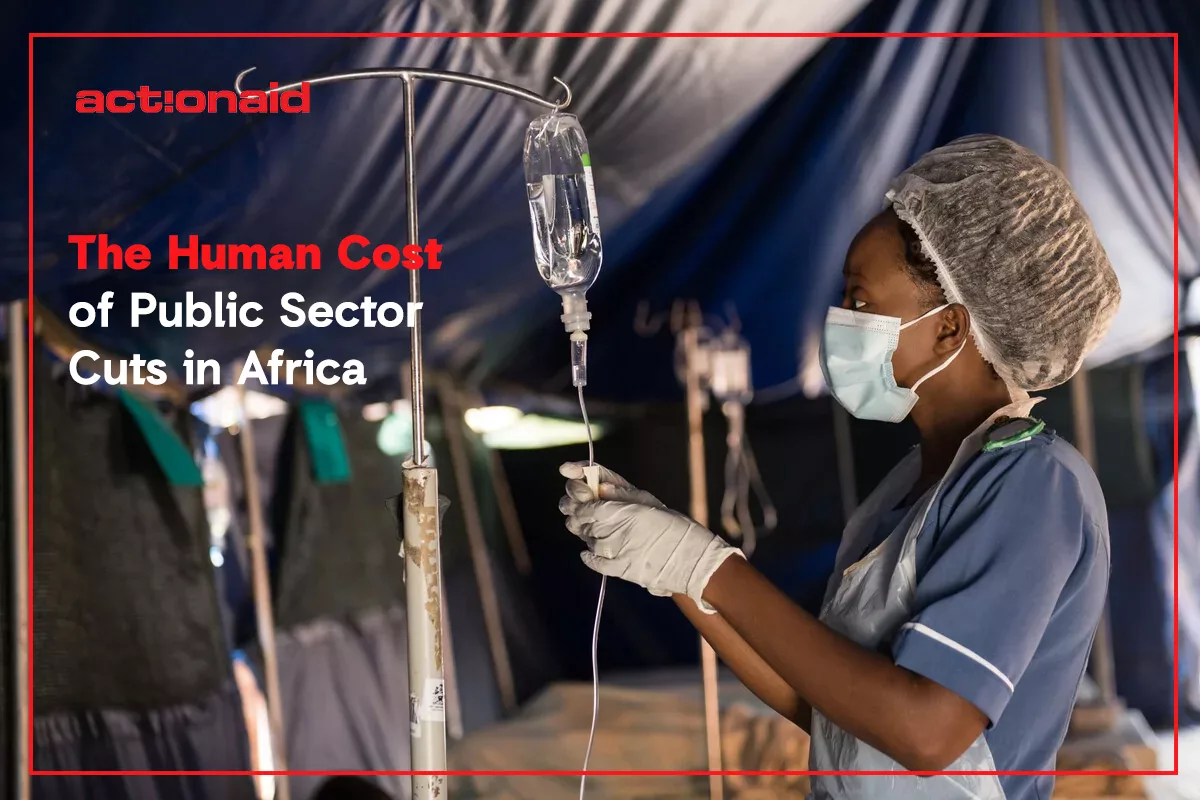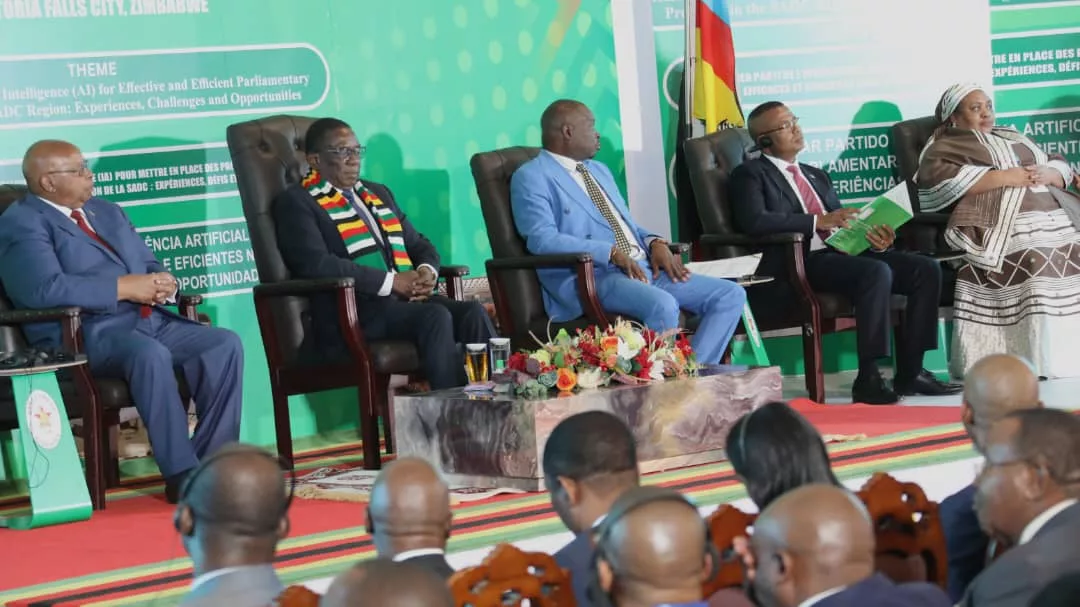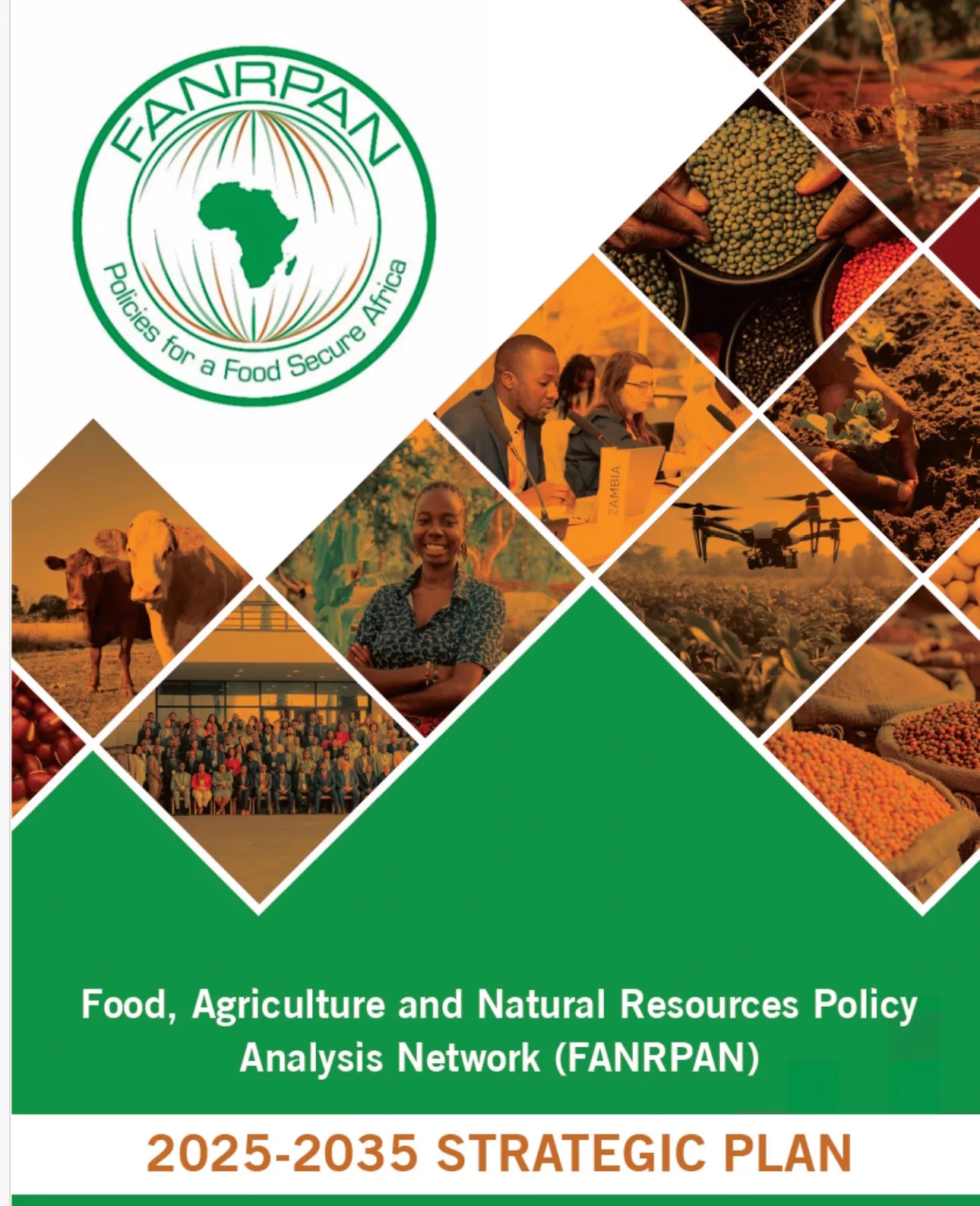|
Getting your Trinity Audio player ready...
|
Writes Sirak Gebrehiwot
01 December 2024, Rusape – In the heart of Africa, Zimbabwe stands as a beacon of progress in the global fight against HIV/AIDS. As the nation, led by the Honourable Minister of Health and Child Care Honourable D Mombeshora, commemorated World AIDS Day today in Rusape at the John Cowie Primary School, the narrative of perseverance, community involvement, sustained support by national and international development partners, and effective policy implementation resounded, underscoring Zimbabwe’s strides in antenatal care and youth empowerment.
Leading the coordination of 11 UN entities under the joint programme on AIDS in Zimbabwe and technically facilitating the support of the UN in Zimbabwe on HIV and AIDS, Mr. Henry Damisoni, UNAIDS Country Director for Zimbabwe said, “Today, 01 December 2024, Zimbabwe joined the rest of the world to commemorate the WAD under the theme “Take the Rights Path: My Rights, My Health, Our Responsibility”. With shared commitments and mutual accountability by all partners including Government, UN, PEPFAR, CSOs, and communities, I have no doubt in my mind that Zimbabwe is on course to end AIDS as a public health threat by 2030.”
Impactful Strategies in Antenatal Care
In recent years, Zimbabwe has implemented comprehensive antenatal care strategies to detect HIV early and significantly reduce mother-to-child transmission of the virus. A woman from Rusape, Sarah Chikomo, shared her experience: “During my pregnancy, I was offered routine HIV testing and counseling. The support and medication I received ensured the health of my baby. My son was born free of the virus, and I am eternally grateful.”
Zimbabwe’s approach involves extensive prenatal HIV testing paired with counseling, which has empowered many women like Sarah to make informed health decisions. The country’s mother-to-child transmission rate has dramatically plummeted from 23.8% to just 7.4%, illustrating the successes of these interventions.
Empowering the Youth through ART and Education
Early detection is not just pivotal for expectant mothers but is also critical for the country’s youth. Through broad HIV testing initiatives, many young people have been able to access antiretroviral therapy (ART) early, ensuring longer, healthier lives. A young woman, Tatenda Moyo, benefitted from these services. “Finding out I was HIV positive at 19 was daunting, but enrolling in the ART programme gave me a new lease on life. Now, I’m in university, and planning a bright, productive future.”
Zimbabwe’s commitment is evident in its success, surpassing the 2025 UNAIDS treatment 95-95-95 targets currently standing at 95-99-96, a testament to the strength of its programmes.
Testimonies Reflecting Resilience and Hope
Mr. Edward Kallon, UN Resident and Humanitarian Coordinator, addressed the significant impact of Zimbabwe’s initiatives at the World AIDS Day event with the theme “Take the Rights Path to End AIDS,” highlighting how integral human rights are to the HIV response. “Upholding human rights while expanding access to essential services fortifies our battle against HIV/AIDS,” he stated.
Supporting this view, UNAIDS Executive Director Winnie Byanyima emphasized on X, “The world has made enormous progress in the fight to end AIDS. But we must protect and uphold the human rights of ALL people if we want to finish the job by 2030. Laws and practices that exclude and discriminate against any of us endanger all of us. To protect everyone’s health, we need to protect everyone’s rights.”
Young voices like that of 22-year-old Blessing Ndoro echo this sentiment. “Our generation refuses to be defined by this virus. With the support of organizations and government programmes, we can dream again, our lives filled with hope and potential.”
Take the Rights Path and the 16 Days Activism against GBV
As we commemorate World AIDS Day, its alignment with the 16 Days of Activism Against Gender-Based Violence highlights the critical intersection between gender equality and human rights in the response to HIV. In Zimbabwe, significant challenges remain, particularly as young women represent 21.8% of new HIV infections. This is often driven by gender-based violence and educational disruptions from early and forced marriages. Marginalized groups further account for 15.8% of new infections as of 2022, highlighting the pressing need for tailored and nuanced approaches.
Embracing the theme “Take the Rights Path,” the movement advocates for collective action to directly tackle the pervasive stigma and discrimination affecting 69.7% of those living with HIV. This path is not only about ending the epidemic but also about cementing a legacy of leaders dedicated to upholding human rights. Such solidarity, at both global and national levels, is instrumental in fostering an environment where human rights are prioritized in the ongoing response to HIV and AIDS. Together, by addressing these inequalities, we can pave the way towards a future free from AIDS.
A Call to Action
Despite significant achievements, the battle is far from over. Mr. Kallon reiterated the need to continue advocating for the rights of women and girls and to dismantle barriers for key populations. Zimbabwe aims to close existing gaps and ensure sustainable financing to reach the Ending AIDS target by 2025.
The event closed with a collective pledge: to enhance healthcare access, protect human rights, and empower those living with HIV/AIDS. By embracing a holistic approach that fosters equality, and health security, and mobilize sustainable domestic financing, Zimbabwe will close the tap on HIV/AIDS as a public health issue and pave a path for future generations to thrive.
As Zimbabwe stands poised to lead by example, its story resonates as a clarion call for global solidarity and resilience in the quest to end AIDS. Together, through unified efforts and unwavering resolve, the world can achieve an AIDS-free future.
Sirak Gebrehiwot is UN Partnerships and Development Finance in the UN Resident Coordinator’s Office in Zimbabwe


